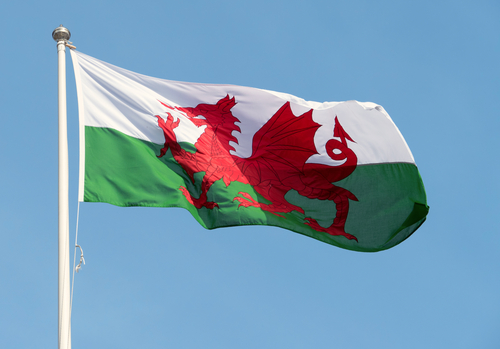The plant will now be able to treat up to 295,000 tonnes of waste per year.

In the decision document, released this morning (February 13), the Environment Agency said: “We have decided to grant the variation for SUEZ Suffolk Energy from Waste Facility operated by SUEZ Recycling and Recovery Suffolk Ltd.
“We consider in reaching that decision we have taken into account all relevant considerations and legal requirements and that the permit will ensure that the appropriate level of environmental protection is provided.”
Residual
Suez applied to increase the capacity of the plant in August 2019 (see letsrecycle.com story), citing changes in the composition of material coming to the site since it opened its gates in 2014.
According to Suez, a ‘downward trend’ in the calorific value of waste available to feed the plant, which is expected to continue if more plastic waste is recycled, will impact the ability to produce energy at the site.
Consequently, the facility will need to process more waste to continue to generate energy at its current level, Suez said in the accepted application.
Tim Otley, regional director for Energy at Suez, said: “We welcome the Environment Agency’s decision to grant us an environmental permit variation for our award-winning Energy from Waste (EfW) plant in Suffolk. The variation will enable us to maximise the, already high, levels of efficiency and compliance of the plant. This means greater resource efficiency in the East of England by the increased processing capacity of the plant from 269,000 to 295,000 tonnes of residual waste each year.”
Feedsotck
The company confirmed that the additional waste to feed the plant will continue to be sourced from the Suffolk region, as well as material coming in from Norfolk and Essex.
“We consider in reaching that decision we have taken into account all relevant considerations and legal requirements”
In 2018, the facility processed a total of 266,135 tonnes of waste, with 233,211 coming from municipal sources such as Suffolk county council, and 32,924 made up of commercial waste. This produced 181,838 MWh of electricity, with 160,480 MWh exported to the grid.
Suez said there would be no changes needed to the building or the way the facility is run in order to accommodate the additional waste requirement. This means that there would be only a ‘limited impact’ on those living near the plant, with an estimated eight extra deliveries per day needed, it said.
Changes
The decision document added that the Agency accepted the move as there are no changes to other parts of the permit.
“There are no proposed changes to emissions to controlled water or sewer. There are no changes to waste processing techniques. Waste types are unchanged and there will not be any changes to the quantity or arrangements for the storage of waste within the facility,” the decision document said.
“There has been a small increase in the generation capacity (23.6MWe to 25.2MWe), this is due to the Facility being more efficient than originally anticipated and a larger turbine was installed which means that it generates more electricity than originally estimated”.
Conference
Infrastructure will be on the agenda at the Resource Infrastructure Conference, to be held on 24 March. More information can be found here.










Subscribe for free